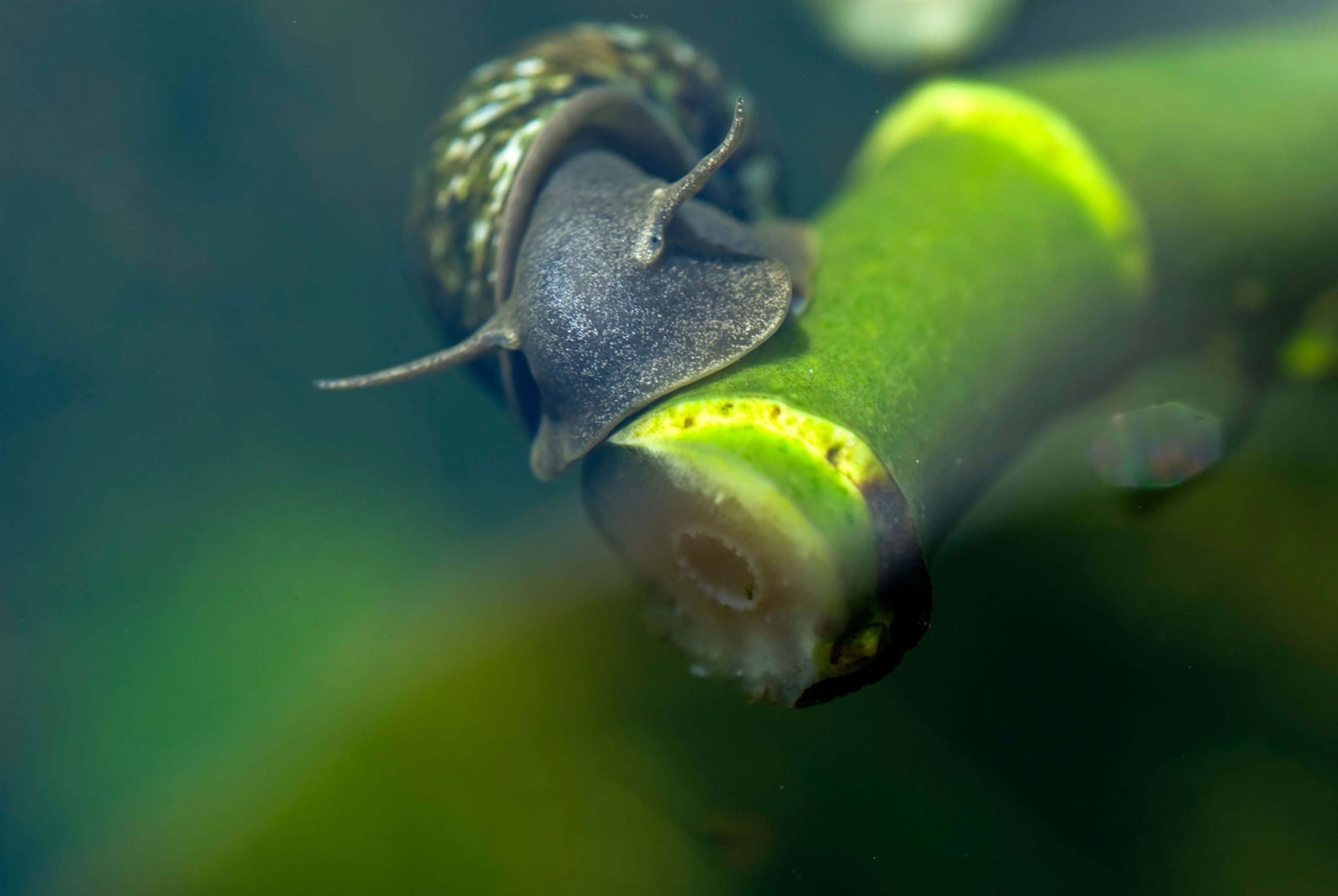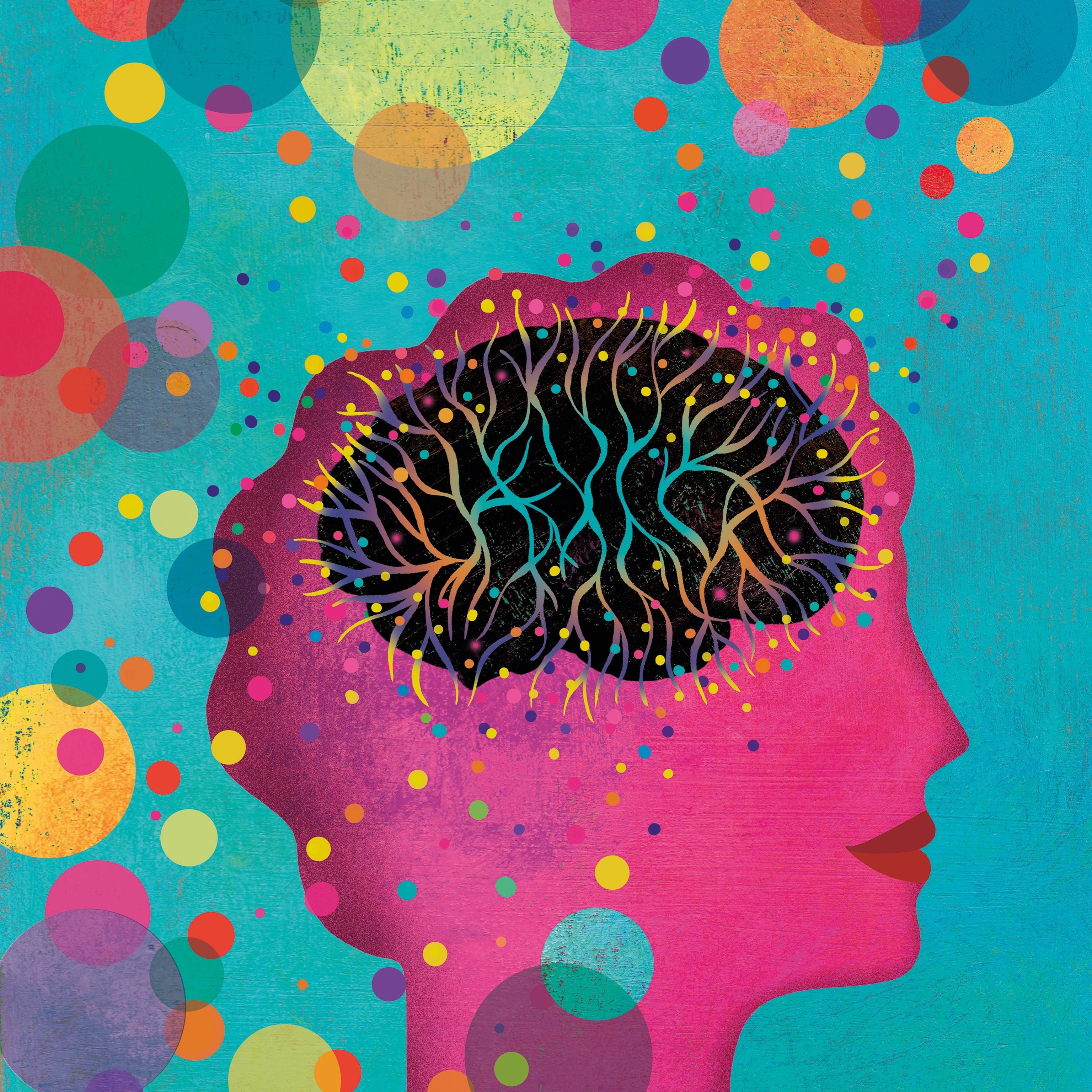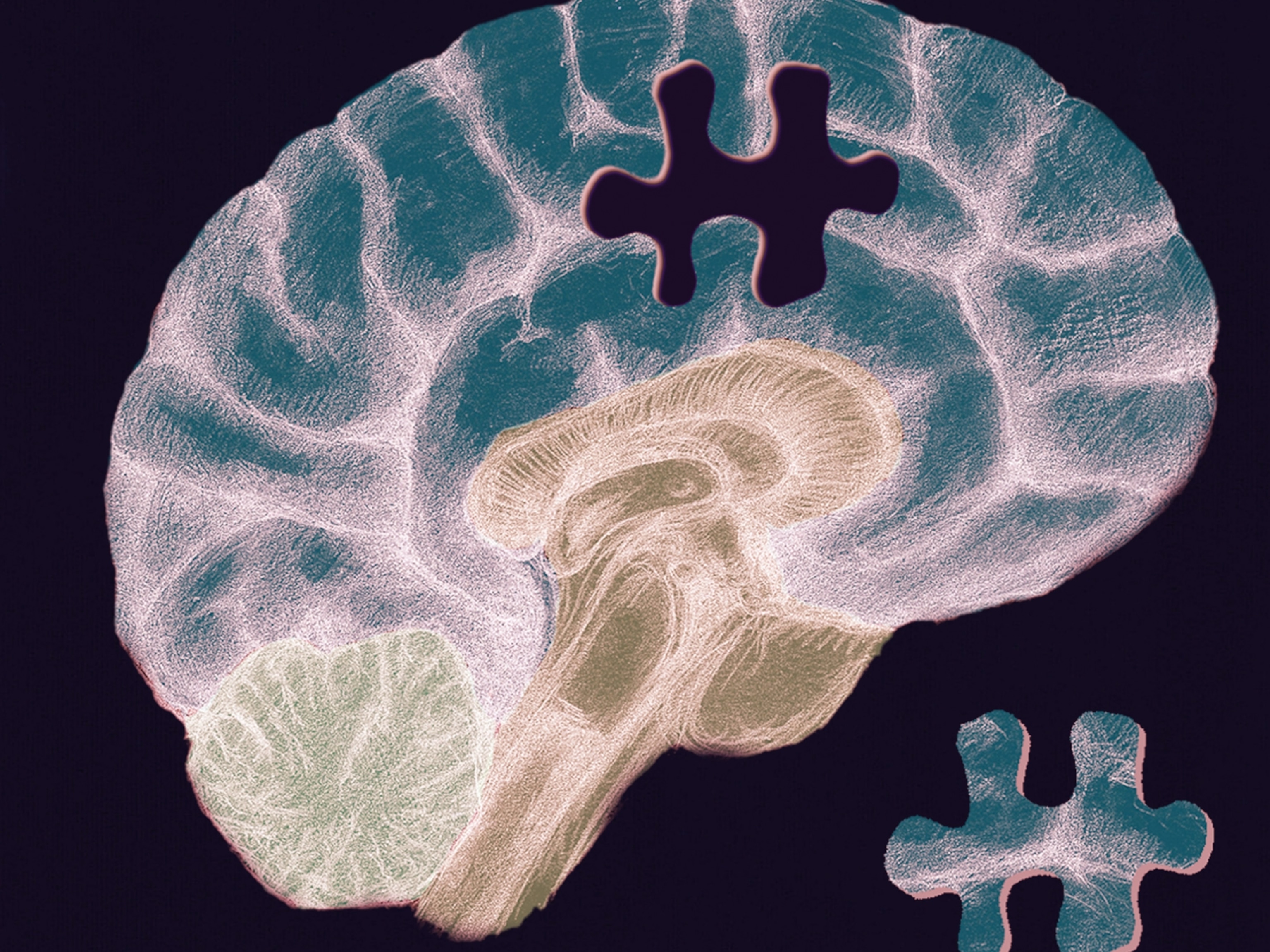
How a Pond Snail Could Someday Improve Your Memory
Studying memory mechanisms in simple organisms could help develop drugs for trauma and dementia patients.
If you think of a snail, and then think of a human, there are some obvious differences. But decades of studies say our memories might have more in common than some might guess.
Memory, and its formation, has been the subject of neuroscientific research for quite some time, yet science has only made incremental steps in this extremely complicated field.
One of the recent advances is the discovery that memory is likely similar across organisms, at least at a molecular level. Eric Kandel, a neuroscientist at Columbia University, has researched memory in sea slugs and mice for years, so much so that in 2000 he won a Nobel Prize for his work. (Related: "To Fight Opioid Addiction, Scientists See Promise in Sea Snail Venom")
"People have built on this work, and it's turned out to be very relevant," says David Glanzman, a neurobiology professor at UCLA's Brain Research Institute and the Department of Integrative Biology and Physiology. "The whole goal of this line of research is to reduce memory to its simplest possible instance. The neurons in these snails are very large, and they're great for electrophysiological recording."
Electrophysiology, another name for electrophysiological recording, is the study of electrical properties of biological cells and tissues. It can help doctors understand abnormal heart rhythms, and it can also help scientists investigate memory and how it's formed.
(You Have 46 Chromosomes. This Pond Creature Has 15,600)
Now, new research coming out of the University of Sussex could provide insight into human memory by studying great pond snails. The study, published in Scientific Reports, could give some clues for understanding how trauma is remembered, and how memories can be controlled and manipulated.
Slugging Along
"Flashbulb" memories are vivid memories that follow shocking experiences, often ones that are particularly dangerous or emotional. They notoriously haunt trauma patients, such as war veterans suffering from post-traumatic stress disorder, with dark memories from their past. (Related: "How Art Heals the Wounds of War")
Neural networks can't be easily studied in humans, in large part because scientists can't dissect living people's brains. Such studies would be unethical, not to mention illegal. But with snails, it's different. (Related: "Snails on Meth Have Sharper Memories")
"To a certain extent, [snails] can be used to investigate mechanisms which are involved in such bright memories [in humans]," says Sergei Korneev, an author on the new paper. Korneev worked on the research with senior collaborator George Kemenes, an expert of single-trial memory at the University of Sussex.
For this study, Korneev and other researchers trained snails to perform certain activities, and then extracted their brains during different stages of memory formation. From there, they found, sequenced, and compared molecules. They specifically homed in on microRNAs, very short RNA constructions that do not code proteins but are crucial for forming long-term memories.
Then, they looked at so-called "yin and yang" proteins—CREB1 and CREB2—which control how memories are formed. They took turns regulating the memory-forming proteins and identified a molecule called microRNA-137.
"If we block the activity of 137, then long-term memory formation will be significantly impaired," Korneev says.
(What Do Snails Think About When Having Sex?)
The next step, Korneev says, is to try to track down other molecules that are involved directly in long-term memory formation. There are hundreds of different types of microRNAs in the human brain, and this published paper only investigates one of them.
Human Applications
This study marks the first time that specific microRNAs have been shown to be important for forming long-term memories after a single episode of learning. This adds a new level of understanding to how even the simplest organisms, like snails, can remember tasks.
By learning how to control the levels of the yin and yang proteins, the researchers might be able to create drugs to help people with memory issues, like dementia and trauma patients. For instance, they might relieve the block on forming new memories in dementia patients, and repress painful memories in those suffering from post-traumatic stress disorder. (Related: "Do Animals Get Dementia? How to Help Your Aging Pet")
"There's no question in my mind that this kind of work is going to be relevant in Alzheimer's disease," says Glanzman, who was not involved in the study. "When something goes wrong with memory, you can turn to simple organisms to get insights into what might be going wrong with humans."
The more we turn to snails to learn about how memories are formed, the more hope there is for eventually finding a way to counteract painful, traumatic memories, or address how forming new ones might be restricted.
"Even though [studying snail memory] seems odd, there's a long history of this and it's turned out to provide us with key insights into memory in mammals and humans," Glanzman says, pointing out that fruit flies have also been used to study human memory. "It seems obscure, but it's actually not."
This story has been updated to reflect George Kemenes' role in the research project.






